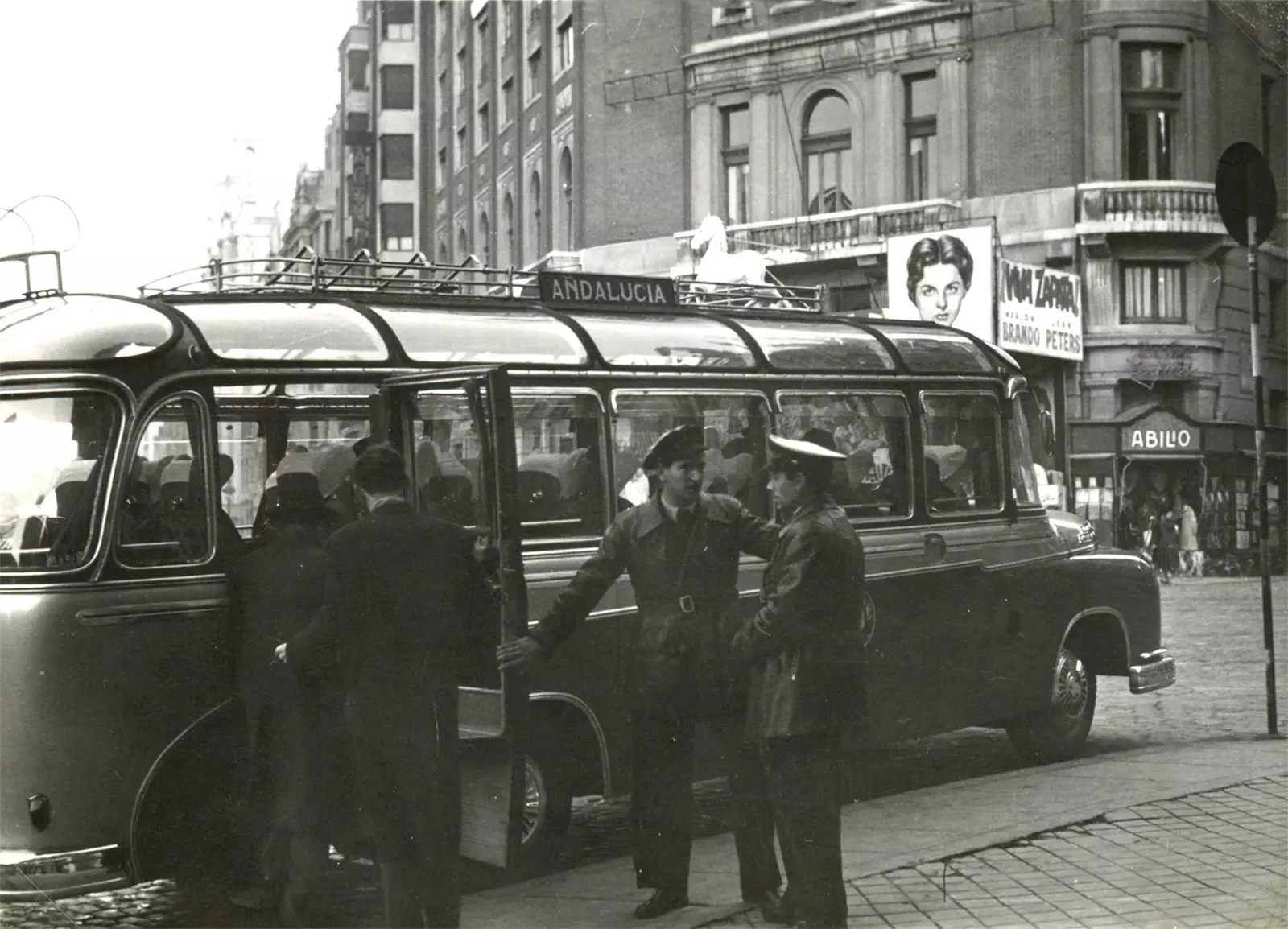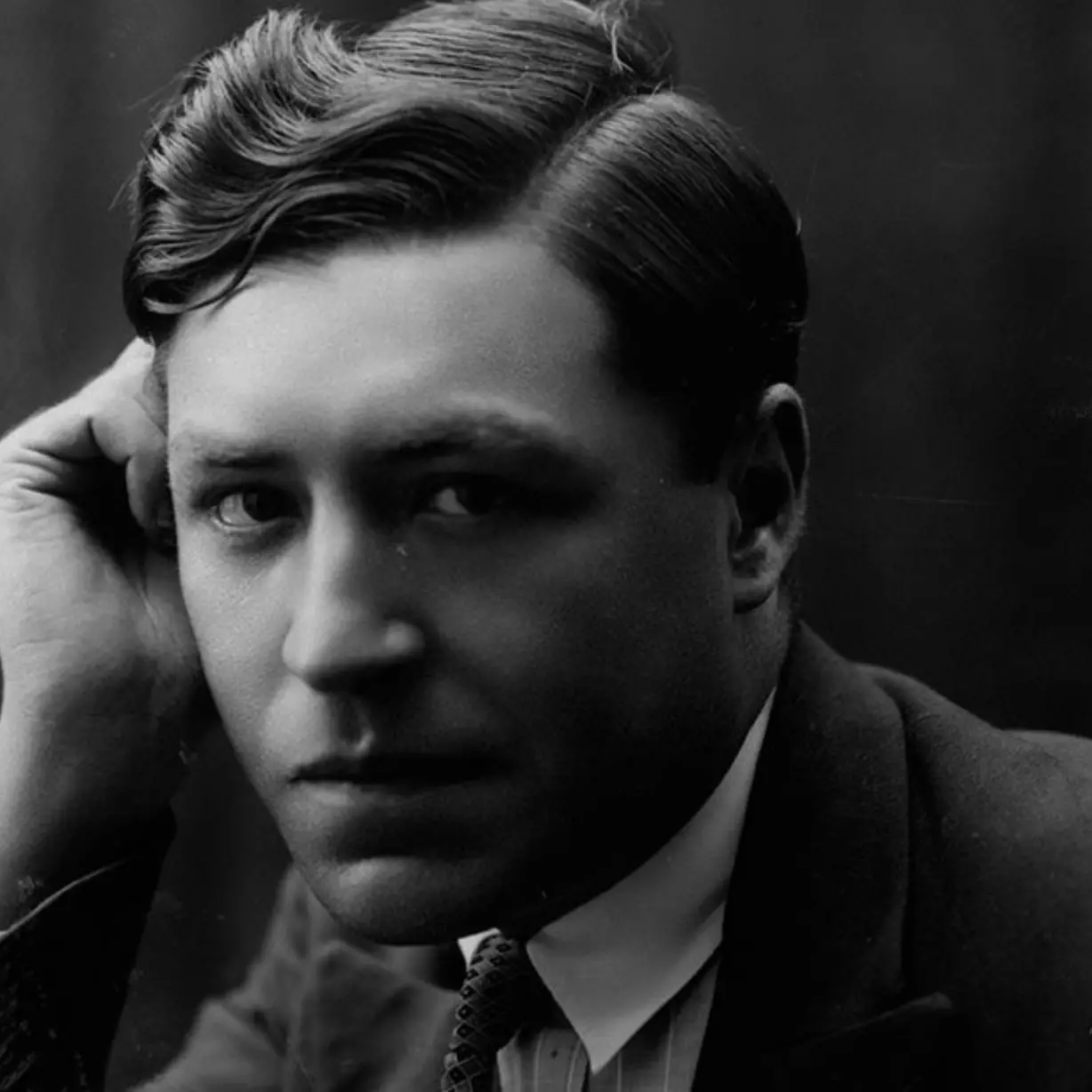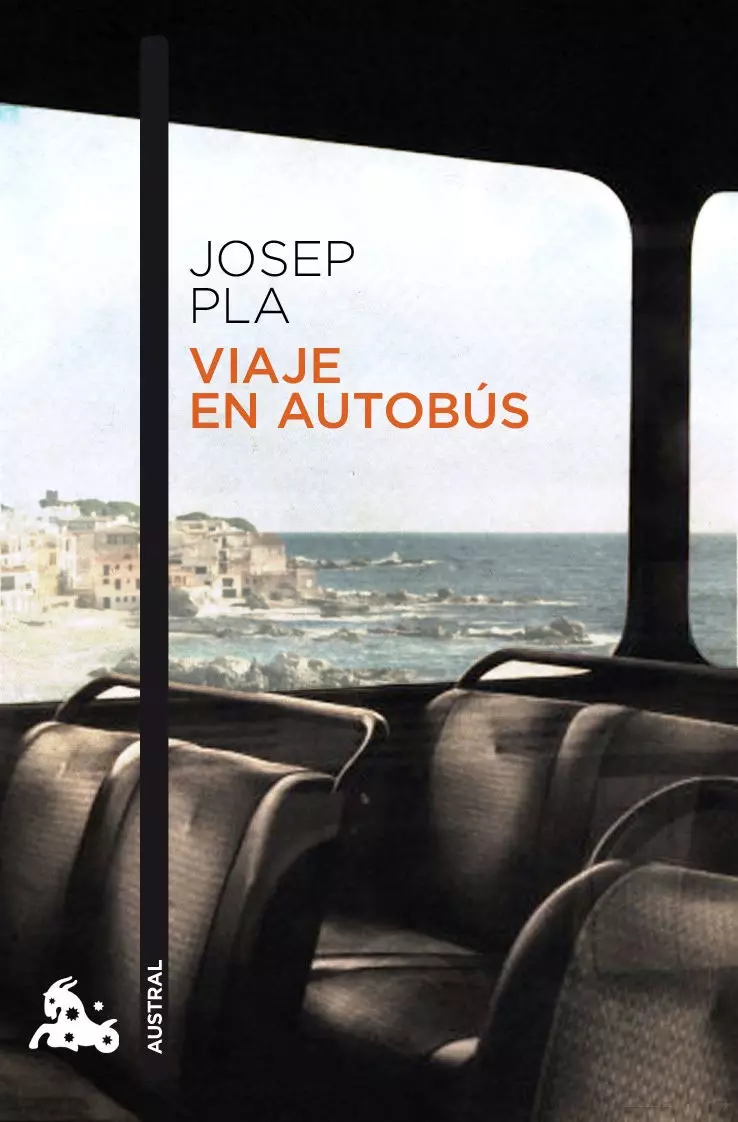
There is nothing more contemporary and glamorous than radical provincialism. And hence the bus ride
"You have to be absolutely modern" . A poet wrote it Rimbaud . And he signed it without wanting and without knowing an involuntary modern, Josep Plan , a modern with a beret, a peasant from Llofriu , a rural universalist who wrote without idiocy or Falangist archaism when his contemporaries shamelessly sank into tons of periphrasis. A modern always in no man's land: moderate Catalanist who wrote in Catalan ; anti-leftist, anti-Francoist, anti-idealist and anti mediocrity ; villager from Ampurdán who served as special envoy in Paris, in Berlin, in the Soviet Union, in the United Kingdom and in Israel , among other destinations. A skeptical man, who did not give stitch without thread in his metaphysical anger and who freely exercised what today we call chronicle when we get great.
In post-lockdown times, we, content travelers , we also have – like Rimbaud and like Pla– obligation to be absolutely modern . And I'm sorry, but while COVID stalks us, there is nothing more contemporary and glamorous than radical parochialism. And hence, the bus ride.

Trip to a book: 'Trip by bus', by Josep Pla
"In my books there are no mosquitoes, lions or jackals, or any surprising or strange object," writes Josep Pla in Trip by bus (Ed. Austral)–. I confess I feel little fondness for exoticism. My heroism and bravery are few . I like civilized countries, woodcock on canapé and Mediterranean partridge . From the point of view of sensibility, I would be fully satisfied if I could become a European man”.
And this statement of intent is followed by a clarification of context. And it is that Josep Pla wrote his Trip by bus in 1942 , but paradoxically his words sound (as if the clock hand had turned around) absolutely contemporary : “In the old days traveling was a privilege of the great, but in our time it became generalized and cheapened in such a way that a man like me has been able to live for twenty years in almost all the countries of Europe for four quarters. But that too is over. (...) anyway, since you can't travel like before, you have to travel anyway . Here is the fruit of my recent, insignificant wanderings. Traveling by bus the flight is chicken”.
And even so (and still gallinaceous), his sharp observation towards the immediate Empordà catches the sociological anecdote, the human portrait and the animated landscape on the fly. A look as poetic as it is humorous in which Josep Pla seeks simplicity and transparency of language.
His trip by bus leaves from a Catalan farmhouse in the town of Llofriu and ends at the same point after passing through different towns such as Palamós, Tossa de Mar, Lloret, Blanes, San Feliu de Guixols, Sils, Vidreras or Caldetes . One hundred kilometers without a trace of jackals or exoticism (but with pharmacies, tobacconists, casinos and inns) where boredom is vindicated, the contemplation of the landscape through the window and, above all, the pleasure of the conversation , sometimes banal, sometimes occasional, sometimes late, seductive or sublime. Talks about the old man's cough (which is no longer what it used to be), about the sensuality of nymphs, about the bad architectural taste of those who have accumulated bills thanks to the black market, or about the (almost utopian) longing for a steak with potatoes.
And it is that the writer travels through the Ampurdán when the shortage and the ration card are still in force (also for tobacco) and dishes such as the herb-scented forest rabbit stew; the baked snails “with enthusiastic vinaigrette” or the succulent sausage acquire mythical resonances in the memories of the writer who abhors “cube soups” as a sign of urban and civilizing barbarism.
On one side of the window, spring : “Glaucous and wet greens of alfalfas, the yellow of turnips, the pomposity of cauliflower, the small crops in which the wind overturns, the trees, in a subtle nimbus of bottle green color”.
On the other side, on the bus, an atmosphere of content revelry that today would seem unbreathable : “In Palamós some citizens go up. They sit down as best they can and light up some self-sufficient cigars. In Calonge others come up who roll and light some cigarettes. In the town beyond I see a wisp of bluish and sweetish smoke coming out of some yellowish strand cigarettes.(...). And so on, they enter through my nose, smoke from leaves, from pipes, from stings…”. Apparently in the middle of that smoke a lady gets dizzy, but no one thinks of quitting smoking or opening a window . "Sometimes everything is a matter of girdle." He hears Josep Pla say to a passenger. And meanwhile " the bus advances, panting, ugly, sinister ”… but with excited travelers (despite the feigned indifference) because who else and who less is going to dance in the next town.
In addition to the friends and strangers he meets, the writer sees with pleasure the appearance of the oak forests before reaching Vidreras ; the pine forests in the beaches of Sils ; the eighteenth-century houses and the sundials on the facades of Blanes . A Sant Pol de Mar he defines it as a white, polished and clean population, "one of the most pleasant in the Maresme" and Sant Feliu de Guixols he compares it to Liguria. But faithful to his direct style, Pla does not waste adjectives: his way of seeing is to be, as when he describes a winter sunset in Lloret de Mar by the beach saying: “The air slowly darkens. The twilight is like a faint, like a neck that turns imperceptibly”.
And it is that that trip by Josep Pla in 1942 draws a direct line with 2020 and this confusion that narrows the perimeters of our mobility, just like that, “like a neck that is imperceptibly twisted”… “Today's world is dominated by perplexity –said Pla still after the war–. However, something has been gained. The illusions have vanished. In many respects the removal of illusions is healthy and positive. Illusions must be reserved to spice up the passions of love and humanize irony, to talk with friends, to simplify life”. Or to travel by bus, despite everything and the knees of the one behind, on the hunt for adventure.

Trip to a book: 'Trip by bus', by Josep Pla
